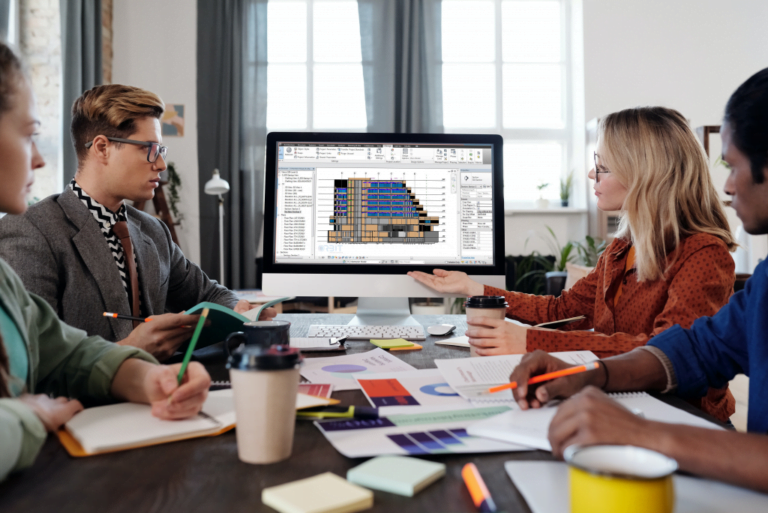10 Must-Have Skills to Learn in a Revit Course
This page outlines 10 must-have skills to learn in a Revit course in Dubai like modeling basics, working with views, adding annotations, schedules and sheets, parametric design, rooms and zones, structural framing, mechanical systems and rendering/visualization. Mastering these Revit skills paves the way for productive BIM careers supporting Dubai’s Architecture and Engineering industry needs.


